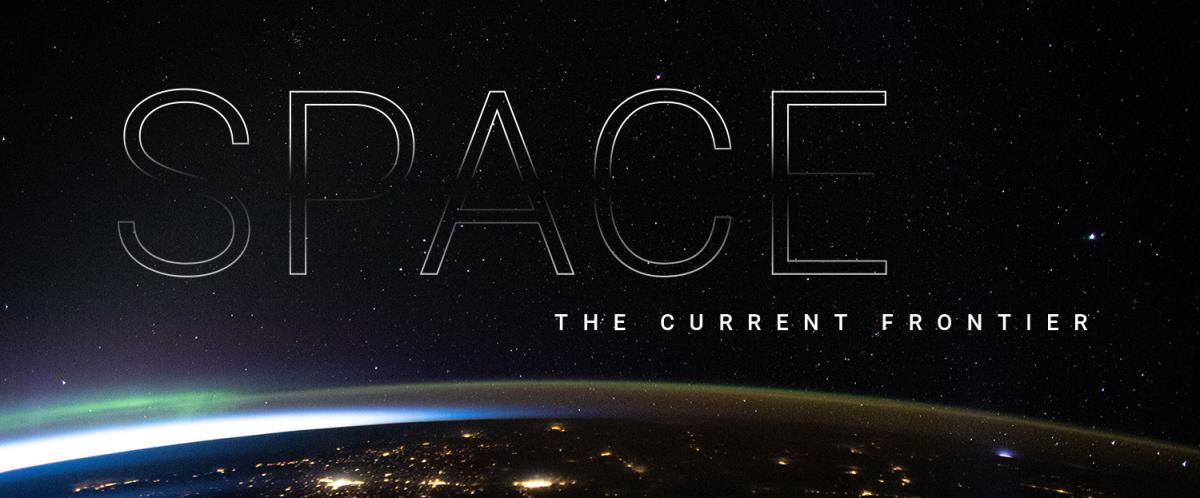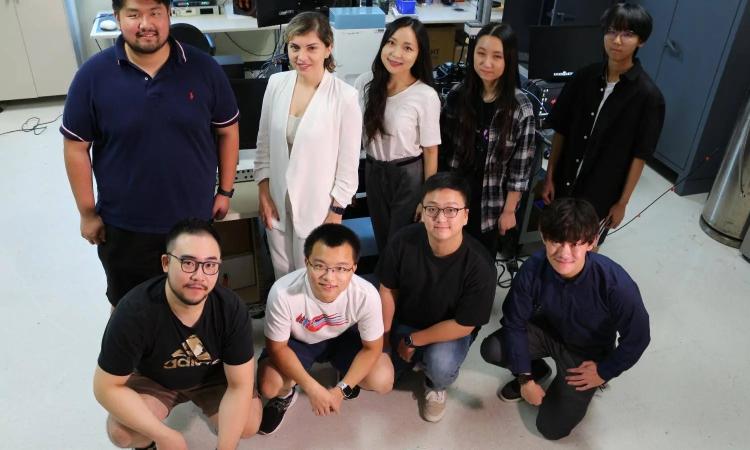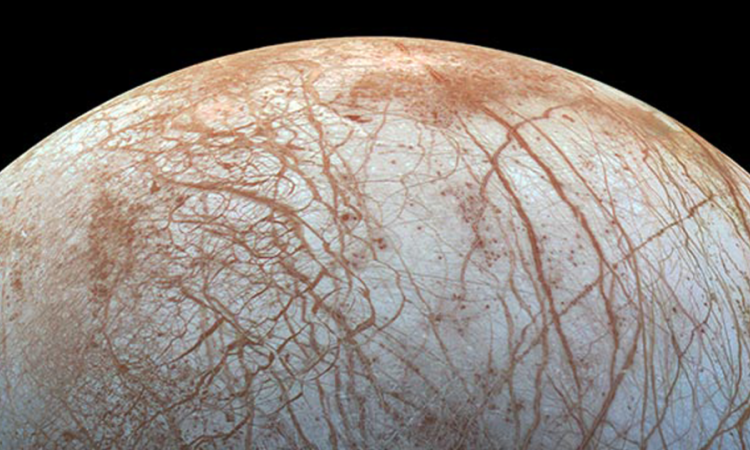
Across the vast expanse of outer space are a number of projects that started right here at Georgia Tech. School of Electrical and Computer Engineering (ECE) faculty are among the many the engineers who's technology is helping to work toward a new era of exploration and scientific discovery.
They are helping to explore other worlds, by developing technology that enables researchers to both gather and transmit information from millions of miles away.
ECE professor John Cressler is part of a team that developed a silicon-germanium radio frequency receiver that successfully worked while being exposed to conditions similar to those on one of Jupiter's moon, Europa. ECE associate professor Azadeh Ansari developed the first chip to combine a variety of sensors for ocean composition identification into a one-millimeter-sized package. The robust chips are allowing researchers to gather data from extreme environments like the water under the ice on the surface of Europa.
Read the full story in the Helluva Engineer Magazine.
(text and background only visible when logged in)
Related Content
DARPA Grant Turns Up the Heat on Sensors
Led by Azadeh Ansari, a collaborative effort with UCLA, UCSB, and JPL aims to revolutionize sensor technology to operate reliably at temperatures exceeding 800°C.
Exploring Europa Possible with Silicon-Germanium Transistor Technology
Europa is more than just one of Jupiter’s many moons – it’s also one of most promising places to look for extraterrestrial life. At the same time, it's one of the most inhospitable places in the solar system. Thanks to silicon-germanium transistor technology, exploring Europa is becoming possible.

